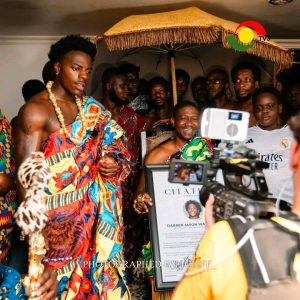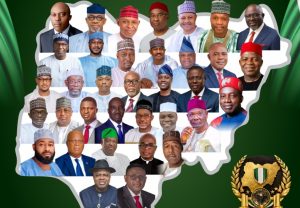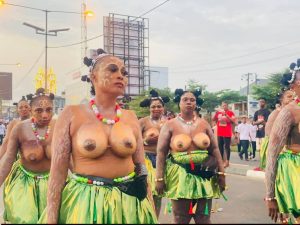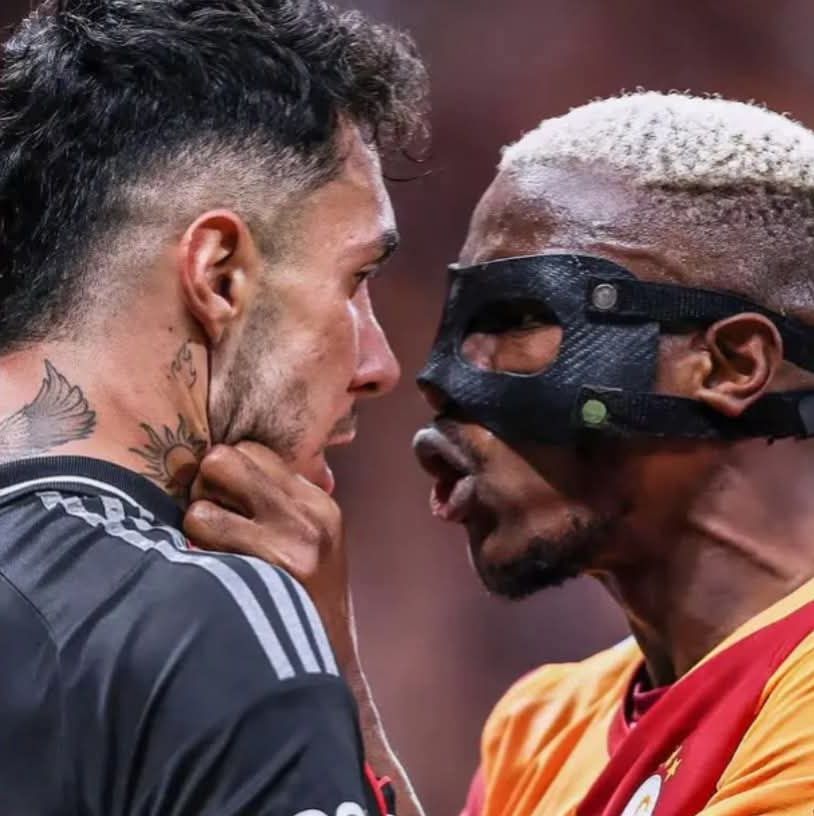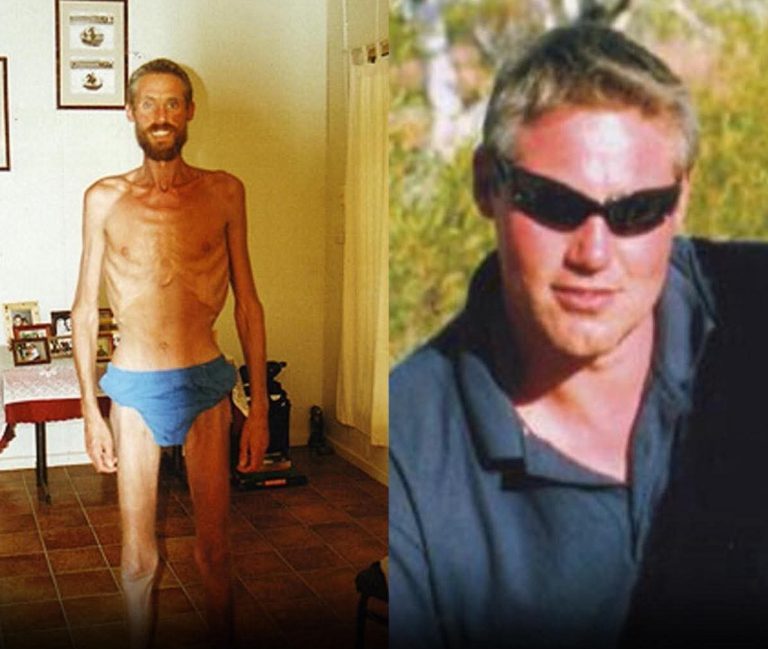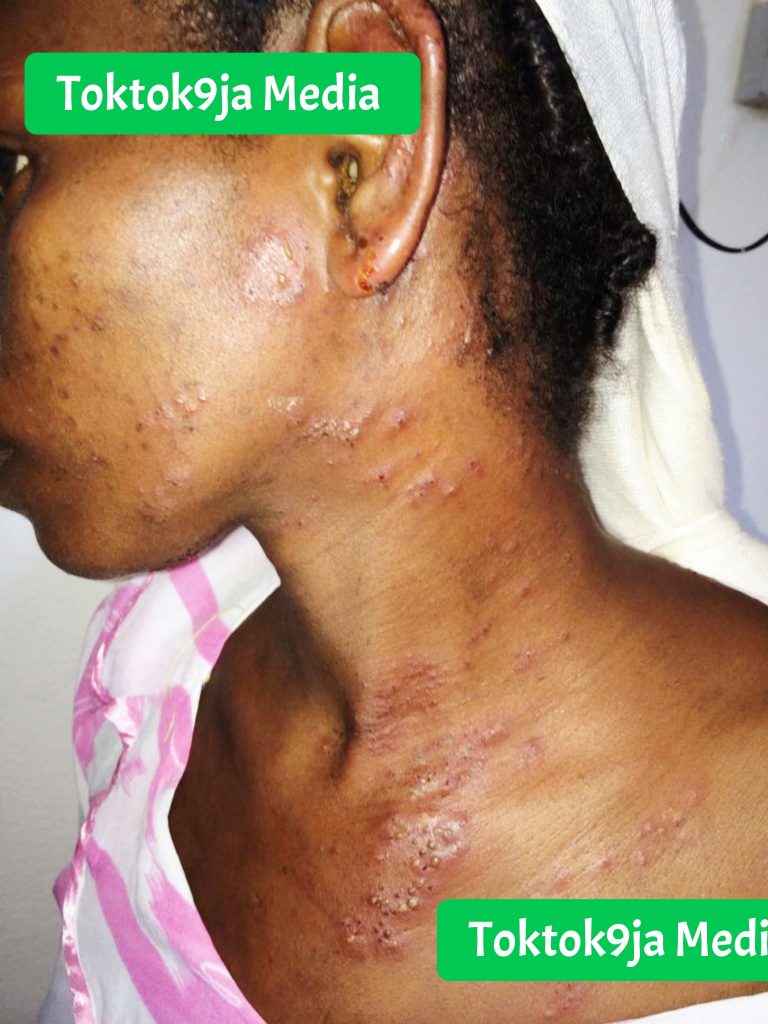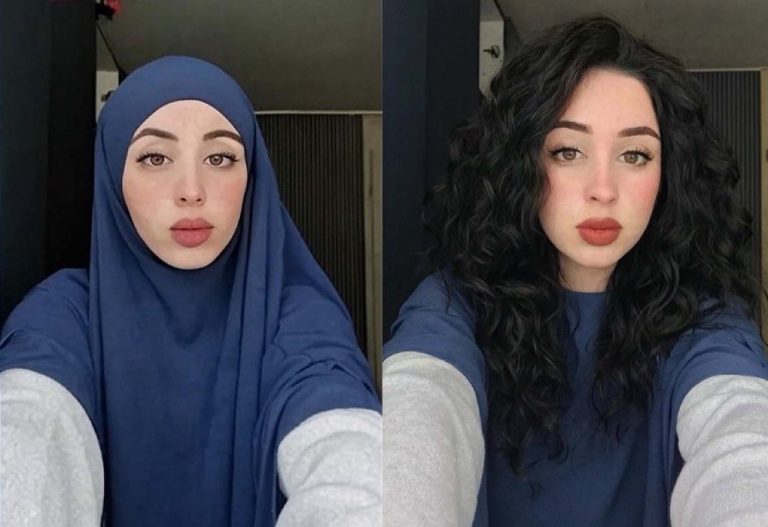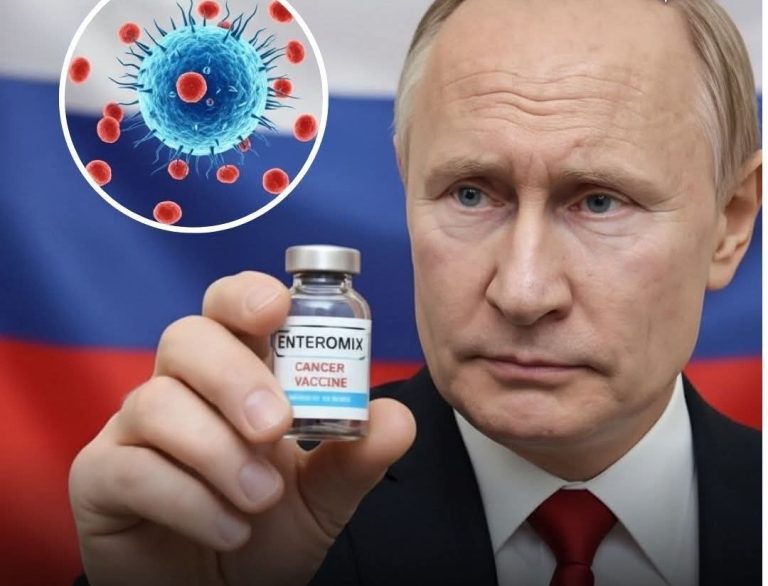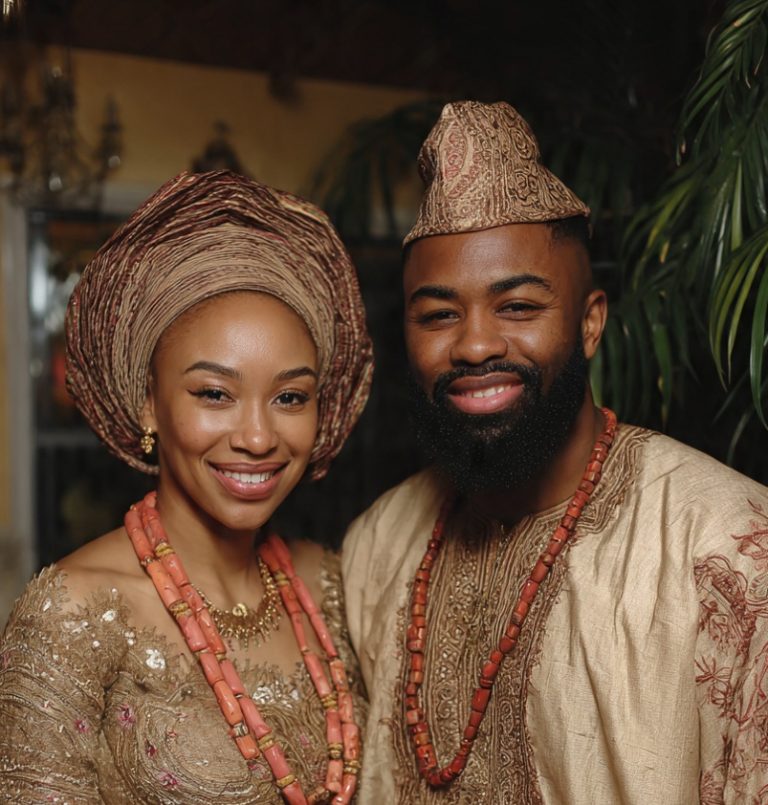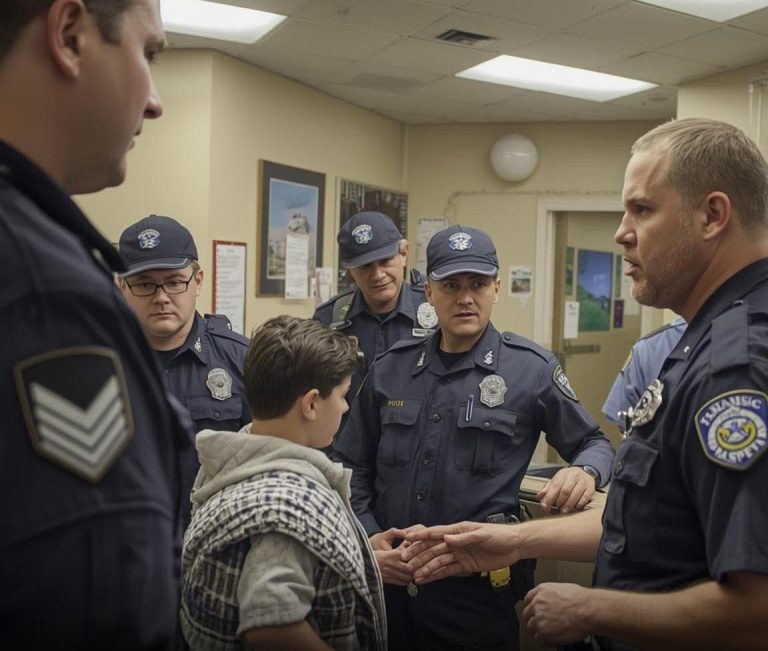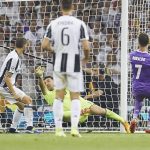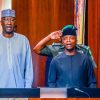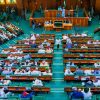Black Monkey: The Moment Victor Osimhen Confronts Rival Player After Alleged Racial Slur – Eto’o Demands FIFA Action.
The beautiful game of football was once again marred by an ugly incident recently, as Nigerian striker Victor Osimhen was at the center of a heated on-field confrontation following an alleged racial slur. The event has triggered a response from football legend Samuel Eto’o and reopened painful conversations about racism in sports.
The clash occurred during a tense match when Osimhen became entangled with an opponent, identified as Emirhan Topçu. Witnesses and initial reports suggest that the exchange turned hostile, resulting in Topçu allegedly directing a racial insult at Osimhen, calling him a “black monkey.”
READ: “We Agreed to Share”: Mother and Daughter Both Pregnant by the Same Man, Plan to Form One Family

The provocation sparked an immediate and visceral reaction from the Galatasaray forward. Visibly enraged, Osimhen confronted Topçu, grabbing him by the collar in a moment of raw fury before teammates and officials intervened to separate the two.
The incident did not go unnoticed by those who have long campaigned against racism in football. Samuel Eto’o, the Cameroonian football icon and current president of the Cameroonian Football Federation, swiftly issued a powerful statement. He directly addressed the club of the player involved, demanding a formal and public apology.
Eto’o made it clear that should the club fail to “make things right,” he would personally table the issue before FIFA’s disciplinary committee, a move that could see the player facing a severe ban from the sport. “Say no to racism,” Eto’o stated emphatically, lending his considerable influence to the cause.
READ: The Sad Story of Footballer Dani Alves, Who Served Time for Rape He Did Not Commit

A Recurring Stain on the Sport
Tragically, this is not an isolated case. The world of football has repeatedly grappled with such incidents, where players of color are subjected to racist abuse from both the stands and fellow competitors. The problem persists despite numerous anti-racism campaigns and promises of “zero tolerance” from governing bodies.
The history of the sport is punctuated by moments where players have been forced to confront this hatred. In one of the most iconic responses, Brazilian defender Dani Alves provided a masterclass in deflecting bigotry with poise. During a match in April 2014, a banana was thrown at him from the crowd. In a move that was both defiant and coolly composed, Alves picked up the fruit, peeled it, and took a bite before proceeding with his corner kick. His act sparked a global “We Are All Monkeys” campaign, turning a moment of hate into a powerful symbol of unity.

In the wake of the Osimhen incident, a debate has emerged around his reaction. While physical confrontation is never condoned by the rules of the game, many supporters, analysts, and fellow athletes have rushed to Osimhen’s defense. They argue that to focus solely on the grab is to miss the point entirely.
Those defending Osimhen highlight his generally calm demeanor on and off the pitch, suggesting he is not a inherently violent player. Instead, they frame his reaction as a human response to an intolerable provocation. The question being asked is: how much abuse is a player expected to endure? For many, Osimhen’s outburst, while a breach of protocol, was the understandable reaction of a man pushed to his limit by racist venom.
Black Monkey: The Moment Victor Osimhen Confronts Rival Player After Alleged Racial Slur – Eto’o Demands FIFA Action.
